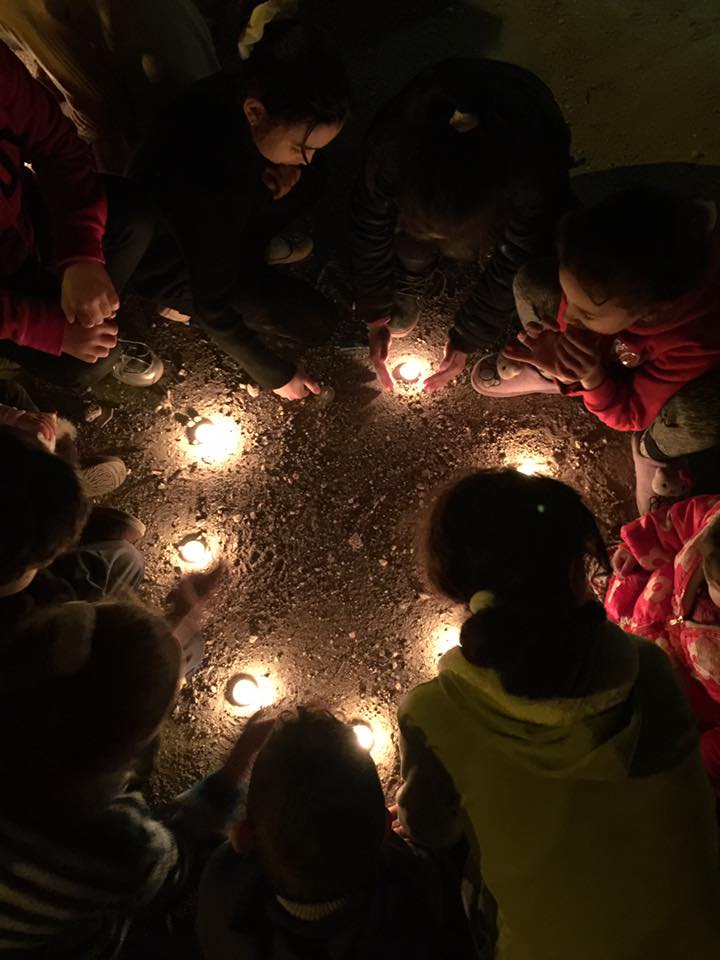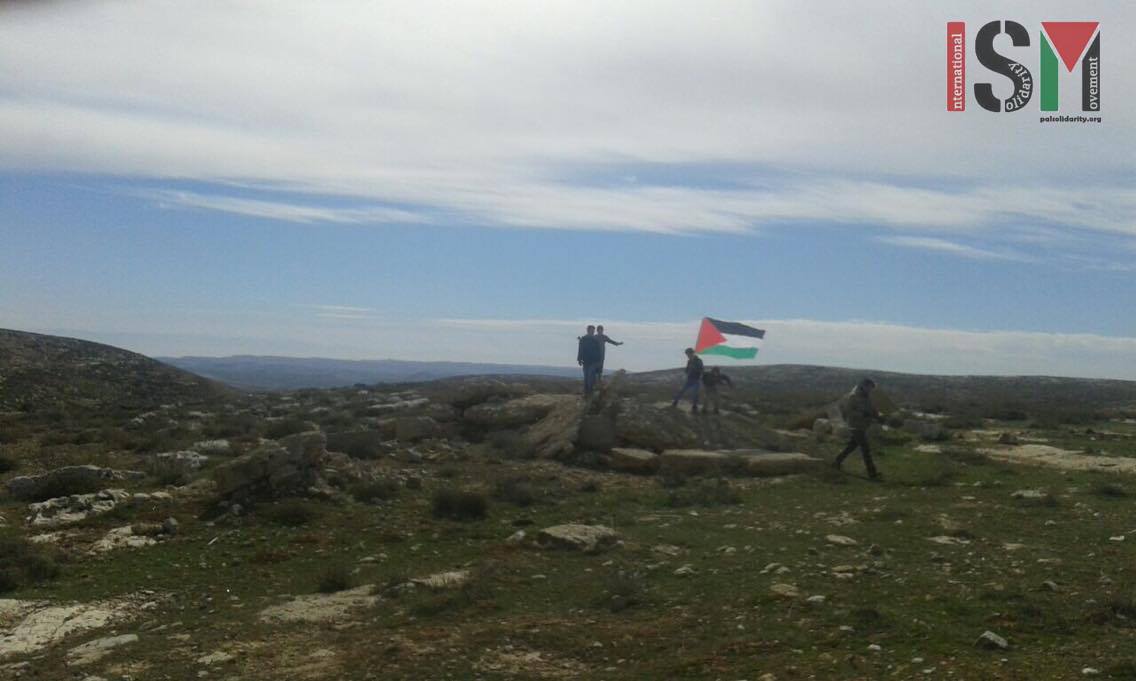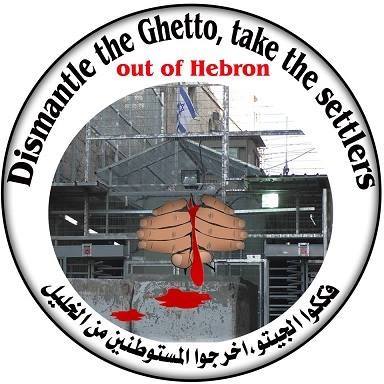Tag: Settlement
-
Khalil children: a candlelit vigil for the 1994 massacre
20th February 2017 | International Solidarity Movement, al Khalil team | Hebron, occupied Palestine On February 19th children from al Khalil came together at dusk in the old city to light candles to commemorate the 29 Palestinian men who died in the massacre at the Ibrahimi mosque here in al Khalil in 1994. They sang…
-
Non-violent action in al-tuwani
17th of February, 2017 | International Solidarity Movement, al-Khalil team | South Hebron Hills, Occupied Palestine Saturday 4th a group of villagers from Al Towani, South Hebron Hills, held a non-violent demonstration against settler violence and illegal settlement expansion, which affects their village. This non-violent demonstration was met with harassment from residents of the illegal out-post…
-
In commemoration of the Ibrahimi Mosque Massacre: #DismantleTheGhetto take the settlers out of of Hebron
14th February 2017 | The National Campaign to Lift the Closure of Hebron “Dismantle the Ghetto” | Hebron, occupied Palestine February 25th marks the 23rd commemoration of the Ibrahim Mosque Massacre in Hebron. This year’s commemoration coincides with Israel’s unprecedented escalation in seizing Palestinian land in the West Bank for settlement expansion. This has been…



